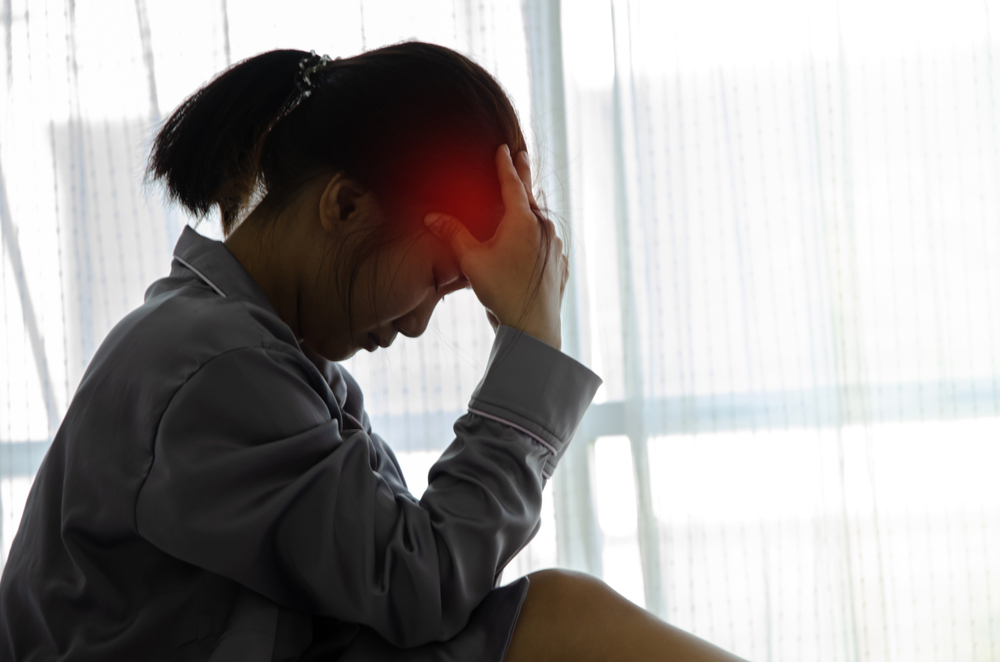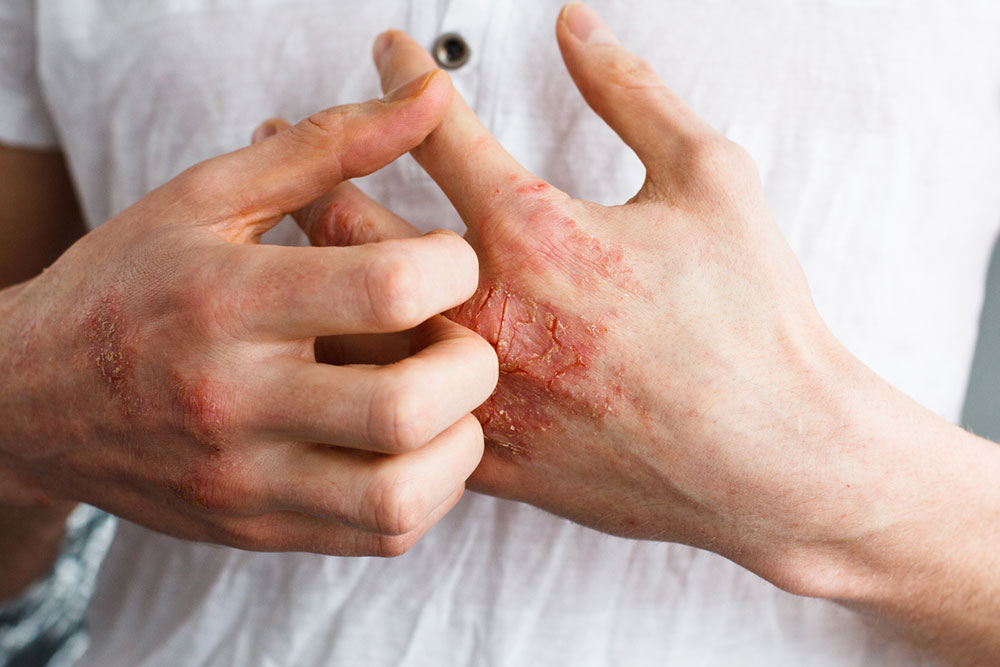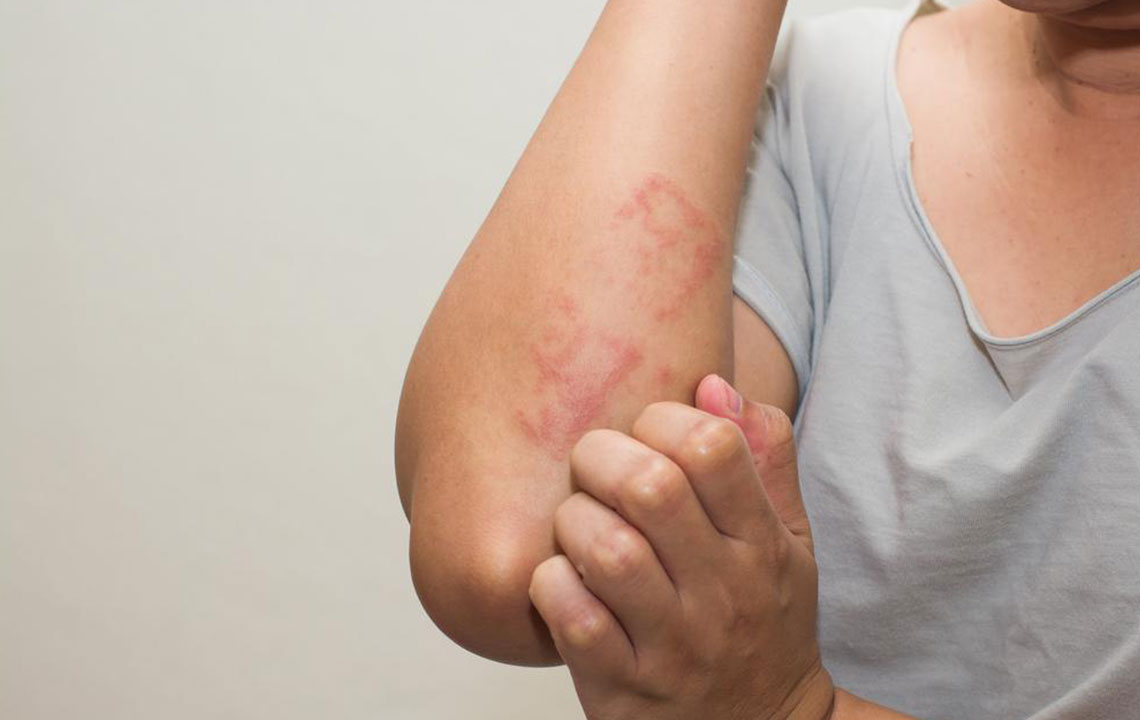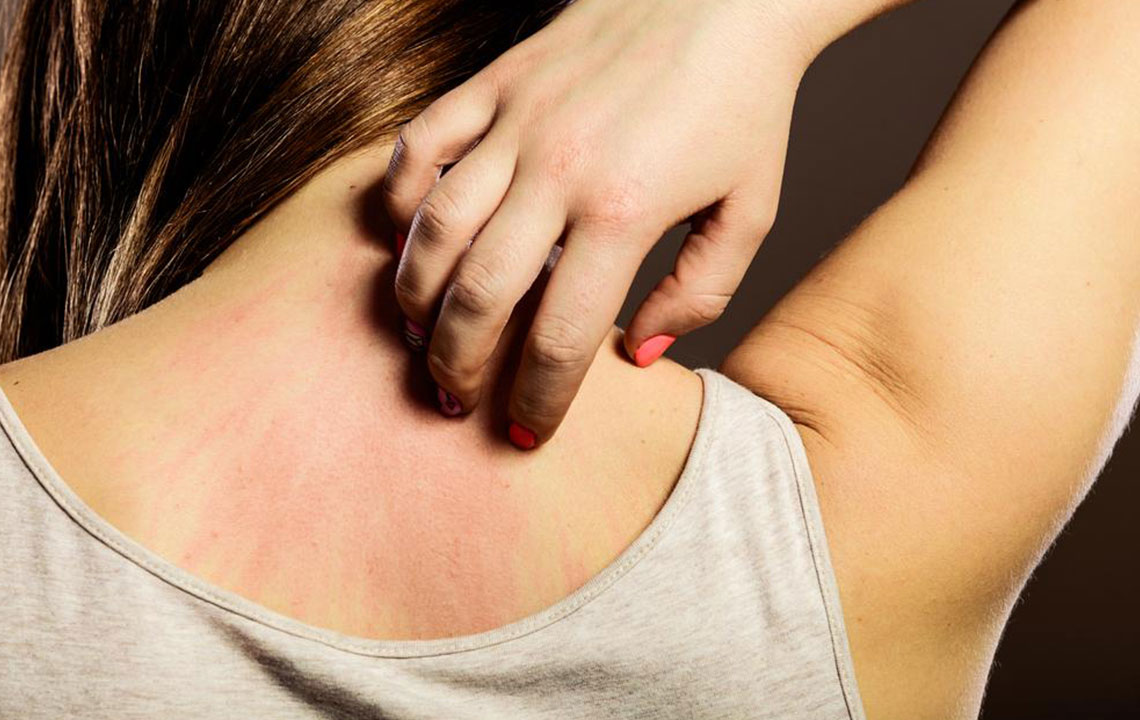Comprehensive Guide to Recognizing Eczema Symptoms and Types
This comprehensive guide educates readers on the various types and symptoms of eczema. It offers insights into triggers, diagnosis, and treatment options. By understanding eczema signs and management techniques, individuals can effectively control flare-ups and improve skin health. The article emphasizes the importance of personalized care and consulting healthcare providers for optimal results.
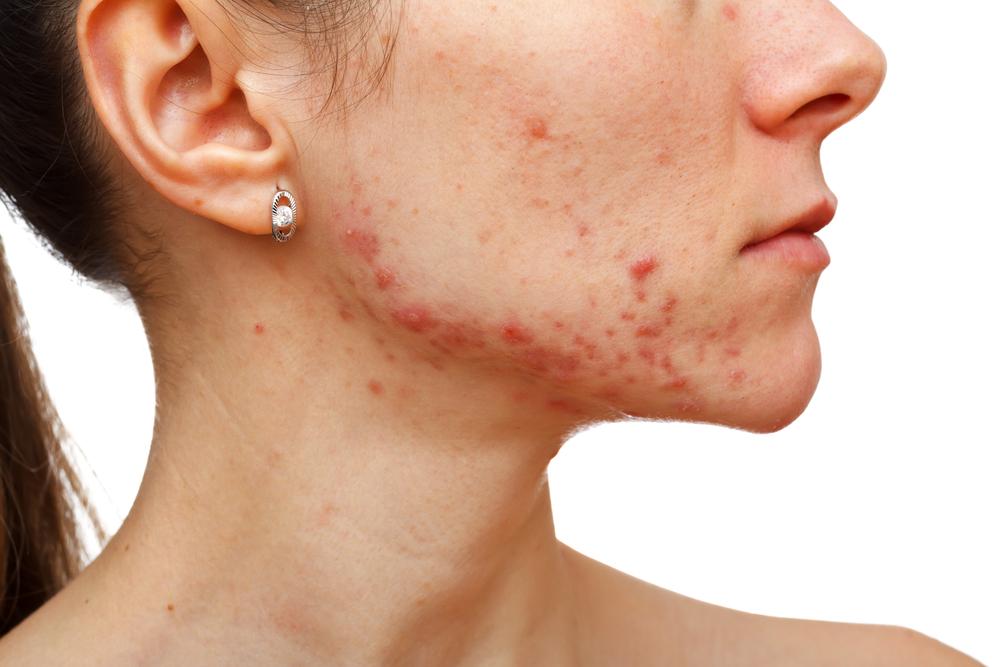
Understanding Eczema: Symptoms and Variations
Eczema encompasses various skin conditions characterized by irritation, redness, and recurring rashes. Recognizing the signs and distinguishing between different types is essential for proper treatment. Although uncomfortable, eczema can be managed effectively by identifying triggers and avoiding them. The condition often begins with inflamed, itchy patches of skin that appear dry, thick, or scaly. Skin tone may influence the appearance of rashes, appearing red on lighter skin and darker or lighter patches on darker skin tones. Scratching can lead to blisters and infections.
Common Symptoms
Red, inflamed patches
Persistent dry, itchy skin
Dark or light scaly areas
Leathery skin patches
Oozing blisters and crusting
Intense itching sensation
Types of Eczema and Their Features
Atopic Dermatitis: Usually affecting children and linked to allergies like asthma, appearing on the face, neck, elbows, and behind knees.
Stasis Dermatitis: Common in individuals with poor circulation, impacting lower legs.
Scabies: Caused by mite infestation, mimicking eczema symptoms.
Fungal Dermatitis: Resembles eczema; microscopic examination reveals fungal infection.
Pompholyx: Blistering mainly on palms, soles, fingers, and toes.
Nummular Eczema: Round patches of scaly skin, more prevalent in older adults.
Lichen Simplex Chronicus: Thickened skin patches on neck and shins.
Seborrheic Dermatitis: Affects face, ears, scalp, and chest, sometimes causing oozing blisters in infants.
Xerotic Eczema: Dry, cracked skin prone to oozing.
Allergic Contact Dermatitis: Reaction following repeated allergen exposure leading to localized eczema.
Causes of Eczema
Primarily, eczema results from immune system overactivity triggered by irritants or allergens like rough fabrics, extreme weather, animal dander, certain soaps, or detergents. Cold exposure, stress, and respiratory conditions may also trigger flare-ups. Importantly, eczema is non-contagious.
Management and Treatment
Maintaining skin hydration is key. Regularly moisturizing, gentle cleaning, and applying corticosteroid creams help reduce itching and prevent infection. For blistering areas, cleaning with diluted solutions followed by air exposure aids healing. When bacterial infection occurs, antibiotics may be prescribed. Antihistamines control itching, while phototherapy, tar treatments, or immunosuppressants like cyclosporine may be necessary for severe cases. Early intervention minimizes flare-ups and promotes skin recovery.
Living with Eczema
Understanding personal triggers—be it certain fabrics, temperature fluctuations, harsh products, or stressful situations—is vital. Avoiding known irritants, moisturizing regularly, and consulting healthcare professionals help manage symptoms effectively. Adhering to prescribed treatments and lifestyle adjustments can enable a comfortable, eczema-free life.

